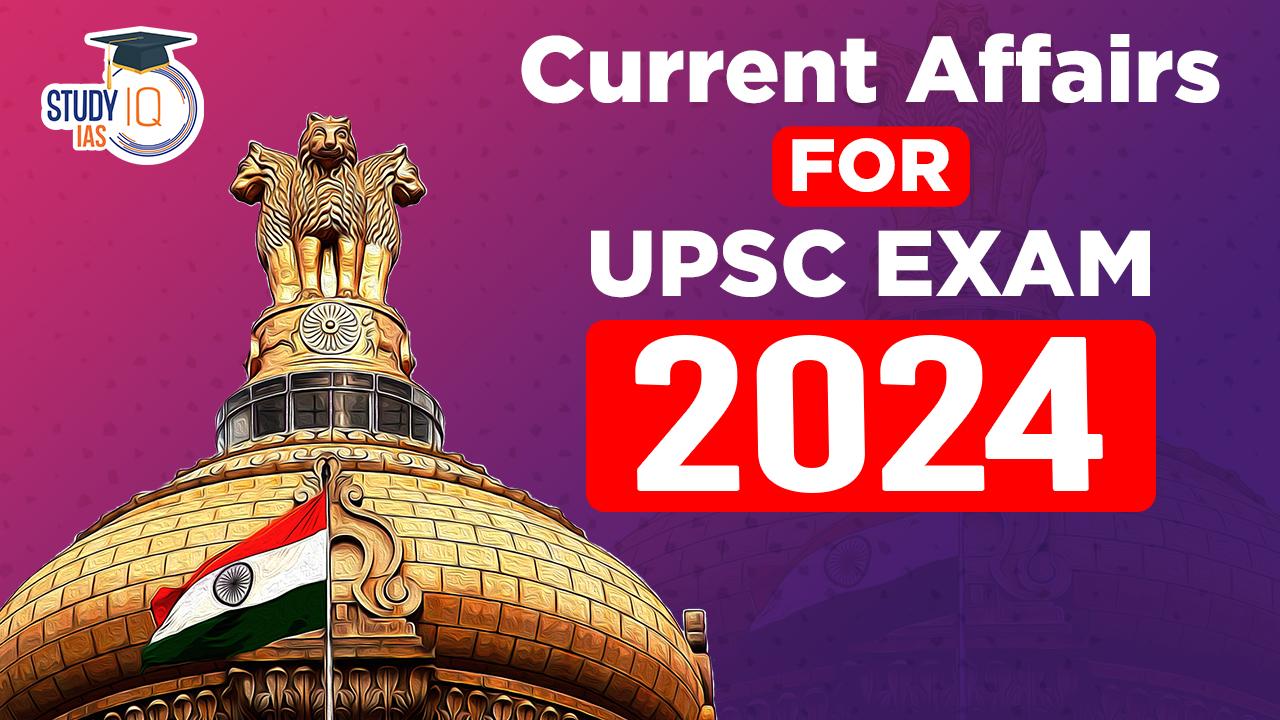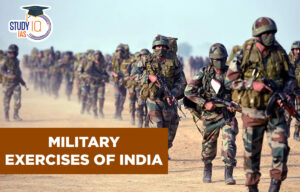Table of Contents
Keralam
Context: The Kerala assembly unanimously passed the resolution to change the state’s name to “Keralam” and urged the central government to change the state’s official name in all the languages.
Origin of the Name “Keralam”
- Various theories exist regarding the etymological roots of Kerala/Keralam.
- The earliest known reference to the name can be found in Emperor Ashoka’s Rock Edict II from 257 BCE, which mentions: “Keralaputra [son of Kerala]”.
- Keralaputra, meaning “son of Kerala” in Sanskrit, refers to the dynasty of the Cheras, rulers of southern India at the time.
- German linguist Dr. Herman Gundert noted that the word ‘keram’ is Canarese (or Kannada) for ‘cheram,’ referring to the coastal land between Gokarna (in Karnataka) and Kanyakumari (in Tamil Nadu, India’s southern tip).
- The origin of the term could possibly be from ‘cher’, meaning to join in Old Tamil.
Demand for a United Malayalam-Speaking State
- The movement for a unified Malayalam-speaking state gained momentum in the 1920s, aiming to integrate the princely states of Travancore and Cochin, and the Malabar district of the Madras Presidency.
- After independence, on July 1, 1949, the two Malayalam-speaking princely states were integrated to form the state of Travancore-Cochin.
- The state of Kerala was finally created after the State Reorganisation Commission’s recommendations based on linguistic lines.
- The commission, led by Syed Fazl Ali, recommended the inclusion of the district of Malabar and the taluk of Kasargod to the Malayalam-speaking people’s state and the exclusion of the four Southern taluks of Travancore: Tovala, Agastheeswaram, Kalkulam, and Vilavancode, along with parts of Shenkottai (now part of Tamil Nadu).
- The state of Kerala came into being on November 1, 1956.
| Procedure to Rename a State |
Constitutional Provision
Proposal Initiation
Procedure
Passing of the Bill
Other Institutions Involved
|
India-China and Maldives
Context: From initially calling India a “bully” to attending the swearing-in of the Indian Prime Minister in June 2024, Mohamed Muizzu’s India policy has fluctuated significantly.
Background
Since his inauguration as the President of the Maldives in November 2023, Muizzu has pursued a “pro-Maldives” policy, reducing dependency on India, enhancing ties with China, and diversifying foreign relations. However, more than six months into his presidency, his foreign policy is undergoing recalibration.
Shaping of Foreign Policy
Domestic and External Factors:
- Muizzu’s rise to power was supported by a party leading the “India Out” campaign, using anti-India rhetoric to bolster nationalist and religious sentiments.
- He and his party maintain close ties with China, viewed as an efficient partner for funding ambitious projects.
- Muizzu aims to deepen relations with other countries, including Japan, Saudi Arabia, Türkiye, UAE, the UK, and the US, to reduce reliance on India.
Economic Difficulties in Maldives
- The Maldives faces severe economic challenges, with increasing debt maturities, low revenues, and declining foreign reserves.
- Debt-to-GDP ratio: 110%
- Foreign reserves: $622 million
- Annual debt servicing: $512 million for 2024 and 2025, around $1 billion in 2026
- Heavy dependence on imports, leading to food and fuel inflation and low production base.
- Convinced India and China to accept local currency for imports to maintain foreign reserves.
Ties with China
- January 2024: Muizzu’s visit to China resulted in over 20 Memorandums of Understanding, including reviving Belt and Road Initiative projects and a free trade agreement.
- March 2024: Signed a defence pact and agreed to explore the Global Security Initiative, upgrading relations to a ‘China-Maldives Comprehensive Strategic Cooperative Partnership’ (2024-2028).
- Allowed a Chinese ‘spy’ ship to dock in Male.
- Despite strategic investments, China is hesitant to invest in mega-infrastructure projects, focusing instead on community development, housing, and capacity-building initiatives.
- Maldives owes China around $1.5 billion, with promises of debt relief complicating future borrowing prospects.
- The Chinese Ambassador expressed reluctance in offering new loans, preferring grants over commercial loans.
India’s Accommodative Policy
Engagement and Assistance:
- Despite anti-India rhetoric and close ties with China, India maintained high-level engagements.
- Replaced 76 military personnel with civilian experts at the Maldivian government’s request.
- Increased development assistance from ₹400 crore to ₹600 crore (50% increase) for 2024.
- Increased export quotas of food products by 5% and construction items by 25%.
High-Level Visit:
- May 2024: Maldivian Foreign Minister Moosa Zameer visited India, marking the first high-level visit of Muizzu’s government.
- India emphasised the need to uphold “reciprocal sensitivities” and extended a $50 million treasury bill for a year at zero interest.
- India invited Muizzu to the Indian Prime Minister’s swearing-in ceremony.
Recalibration of Foreign Policy
- India’s invitation indicates continued engagement with Maldives regardless of the government in power.
- Muizzu, with a super-majority in the Maldivian Parliament, might reciprocate India’s accommodative policy while balancing relations with other countries.
- Nearly 65% of Indian EXIM loans are yet to be disbursed, with prospects of additional grants and concessional loans, offering an opportunity to improve bilateral ties and stabilise the Maldivian economy.
- Muizzu’s relationship with China remains unchanged, continuing high-level exchanges. He appears to be leveraging competition between India and China to further Maldives’ interests without fully aligning with either.
Examples, Case Studies and Data
- Role of women and women’s organisations (GS 1): According to UN Women’s Global Data on Women Political Leaders 2024, women are still largely excluded from positions of power and diplomacy.
- Only 23% of ministerial positions are held by women and in 141 countries women make up less than a third of cabinet ministers


 Utkal Divas 2025: Odisha Foundation Day ...
Utkal Divas 2025: Odisha Foundation Day ...
 List of Military Exercises of India 2024...
List of Military Exercises of India 2024...
 GPS Spoofing and Its Impact in India: A ...
GPS Spoofing and Its Impact in India: A ...





















